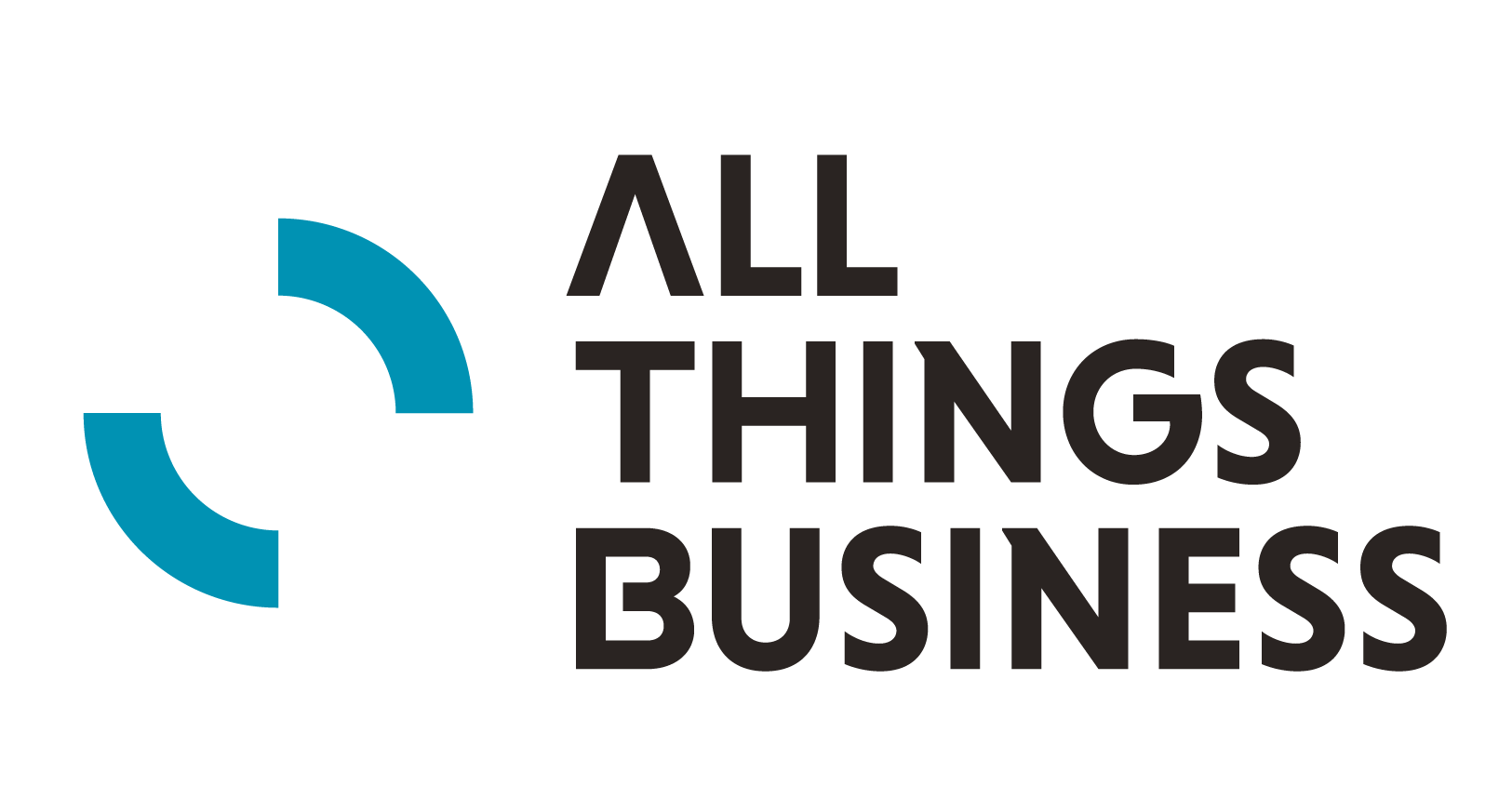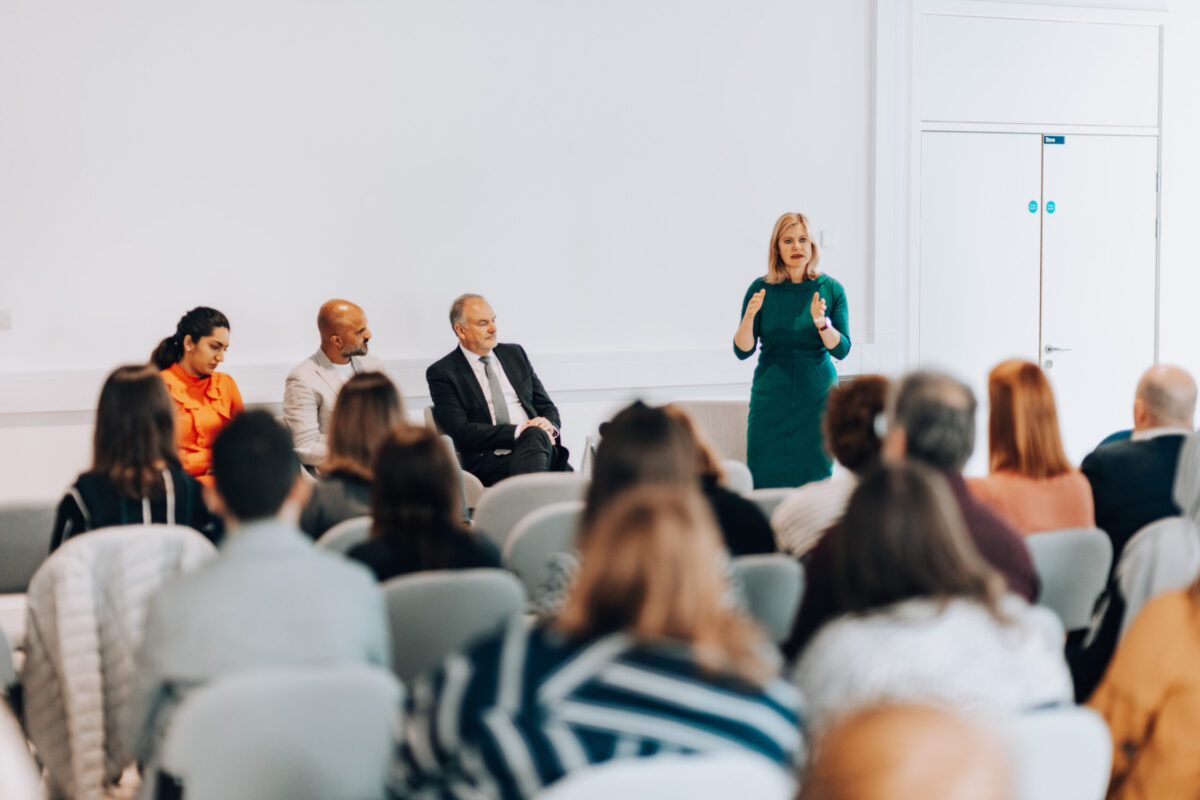The Social Mobility Pledge is a coalition of 650 businesses, globally employing over seven million people, as well as more than 90 universities representing over two million students. Its stated aim is to encourage organisations to be a force for good by putting social mobility at the heart of their purpose, through three key elements – outreach, access and recruitment.
It was founded by former Conservative Cabinet Minister, the Rt Hon. Justine Greening, and UK entrepreneur David Harrison. Ms Greening, who spent 14 years as Member of Parliament for Putney, Roehampton & Southfields, including over six years in the UK Cabinet, serving as Secretary of State for Education, International Development and Transport, and previously Economic Secretary to the Treasury, spoke to All Things Business about her work with the campaign.
We hear a lot about levelling up, but what does it really mean?
I think it means that investing in things like transport and infrastructure isn’t necessarily the whole answer on levelling up. London is a city of extremes. If you’re a young person living in a deprived area of East London, looking over at the gleaming tower blocks of Canary Wharf, you’re not looking at them thinking you can ever work there or be a part of that.
Levelling up means making all those opportunities achievable for everyone, whether that’s by businesses going into schools to speak to young people, to make them feel they could be a part of your company; or actively feeding into the curriculum to help develop talent so you’ve got people with the skills business needs.
If you let them see these opportunities are a possibility, that they can be a part of something, then it will start to happen. It’s hard to accept that in areas of Britain where people are struggling to pay their heating bills and finding it difficult to feed their families, there are employers with a skills shortage. Those employers need to not just think that levelling up is the right thing to do, but actually see how much they will gain. Most employers have a sustainability strategy – they’ve done ‘planet’, they now need to do ‘people’.
So, what can we do to make that happen?
One thing I have realised is that if we are going to level up Britain it is going to take sheer bloody-mindedness.
I grew up in Rotherham in the 1980s and learned very early on that opportunity was one of the most precious commodities. I became an accountant and then went into business, but what made me want to be an MP was becoming a local councillor and finding out how satisfying it is to make a difference to your community. What also drove me was the sense of how we can make Britain fairer.
Since leaving Westminster, I’ve been able to really concentrate on the Social Mobility Pledge. We have a lot of businesses signing up, which is great, and we’re working with lots of them on their plans for boosting equality of opportunity, in communities and in terms of themselves as organisations – not just bringing diverse people into their business, but helping them to grow, develop and progress.
There are a number of ways to make a difference and remove the barriers. Stopping unpaid internships, for instance, so that if someone can’t afford to travel into an office every day to get work experience it doesn’t prevent them from having the chances someone else with more resources has. Relaxing clothing rules on interviews might make a difference to someone for whom getting a suit can be difficult; hybrid working might help someone for whom travelling is an issue, or someone who has caring responsibilities.
Adopting open recruitment practices that promote a level playing field for people from disadvantaged backgrounds can help enormously, as can name and address blind applications, or judging an individual’s academic performance relative to the average of their place of study, rather than against other candidates, and recruiting from social mobility coldspots is vital.
What progress have you seen so far?
It’s been fantastic to see very different organisations working out their game plan on levelling up. For example, there are initiatives such as the BBC’s pledge to take 25% of recruits from a lower economic background. It is doubling the number of apprentices, rather than just focusing on graduate intake, helping very different people enter the BBC who otherwise wouldn’t.
The BBC is ramping up its work in communities, including being more visible so people see them in their space, and see what working for the BBC might involve.
There’s a saying ‘you have to see it to be it’. I left school never having had any interactions with, for instance, a lawyer, so why would I want to be a lawyer? If it’s something you understand, it will seem
more attainable.
Young people coming into the workforce today have different values. Generally, they seem to be less interested in what wages you’ll be paying and more in whether they will be working for an organisation that fits with their modern values and offers progression.
I was at an event at Liverpool John Moores University recently and we asked the students what they thought ‘good looks like’ when it comes to careers. The response was that they wanted careers with a purpose. It’s less about the money and more about an employer that is going to have a positive impact on their lives and wider community. They want to know that once they’re in a job what their progression will be, how they will be developed.
How does the Social Mobility Pledge work?
The first objective of the Social Mobility Pledge is to engage an increasing number of organisations on the issue of social mobility and encourage others to get involved, and to drive action and help organisations go further faster so they can play a key role in closing the COVID-19 Opportunity Gap. At the heart of the Social Mobility Pledge movement is a growing group of the most activist organisations, which we’ve called the Purpose Coalition – they’re going further and really innovating, trying new approaches and working together on measuring their impact both externally but also internally, such as measuring their employee socio-economic diversity, and it’s increasingly of interest to policymakers. Post-COVID, all this effort really matters, especially with such a tight labour market.
In order to share knowledge, we open-source all our best practice and we encourage organisations that are demonstrating their commitment to levelling up to share their best practice, too. We want those businesses and universities partnering with the Social Mobility Pledge to help create a powerful and pioneering shift towards being purpose-led organisations. It’s brilliant seeing the leadership from businesses.
Ultimately, there’s no need to reinvent the wheel on social mobility, businesses can learn from one another. Our work is open sourced because we want it to be there for everyone to read and to learn from, and to feed into if they have done something that works well, so that anyone who wants to do more can go to our website and find ideas for how they can make a difference.
As an ex-MP, what do you think our politicians should be doing?
The party-political system doesn’t really lend itself so well to collaboration and agreement, at the moment, so it’s good to be involved in something that is cross-party, where we can actually say to MPs on all sides that we can at least agree that levelling up is the right objective and something on which we now make progress. So, then the debate is about how we do it, what policies you believe in, but with the fundamental agreement that something needs to be done.
Find out more about the Social Mobility Pledge at www.socialmobilitypledge.org and Purpose Coalition at www.purpose-coalition.org

